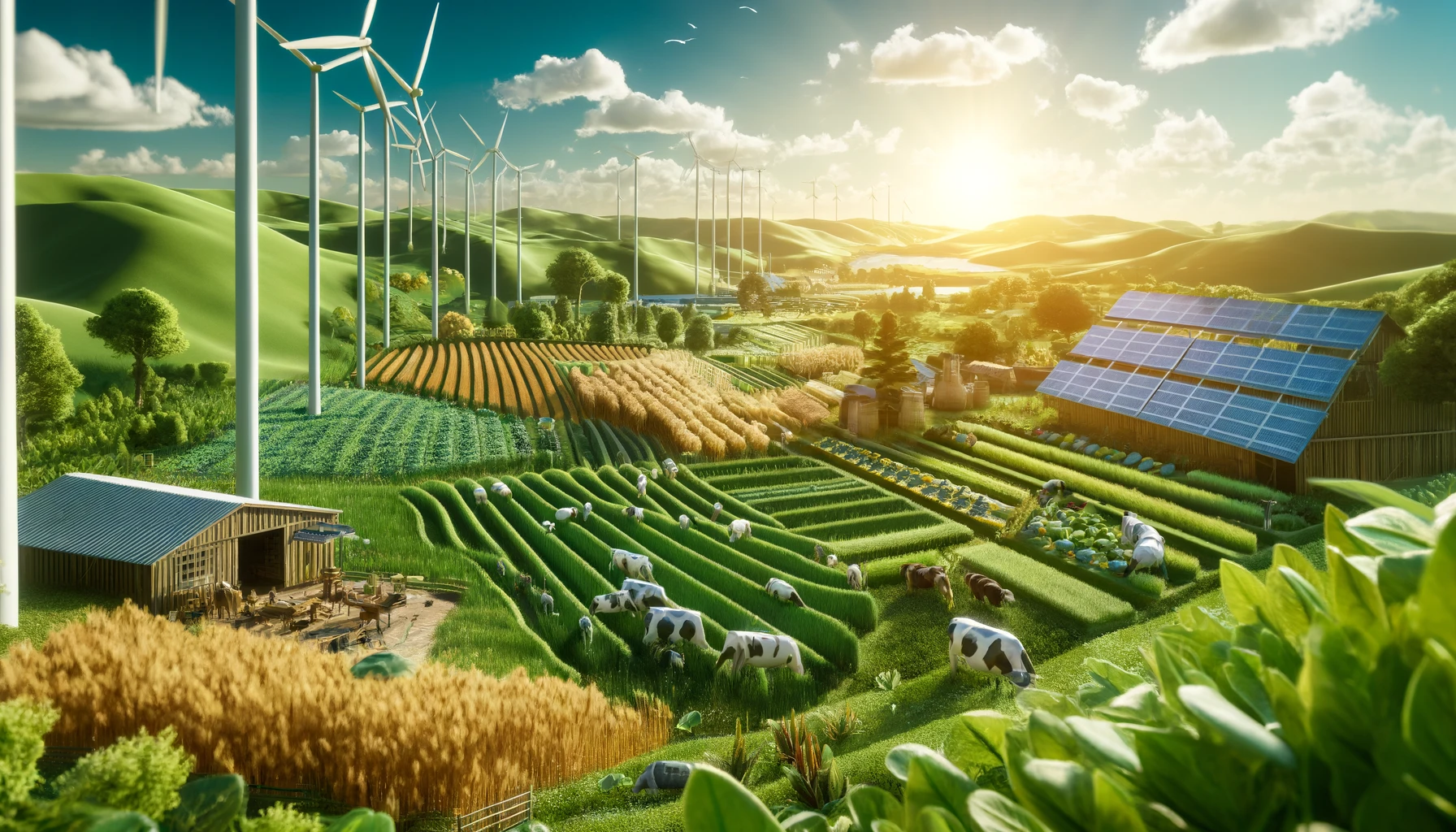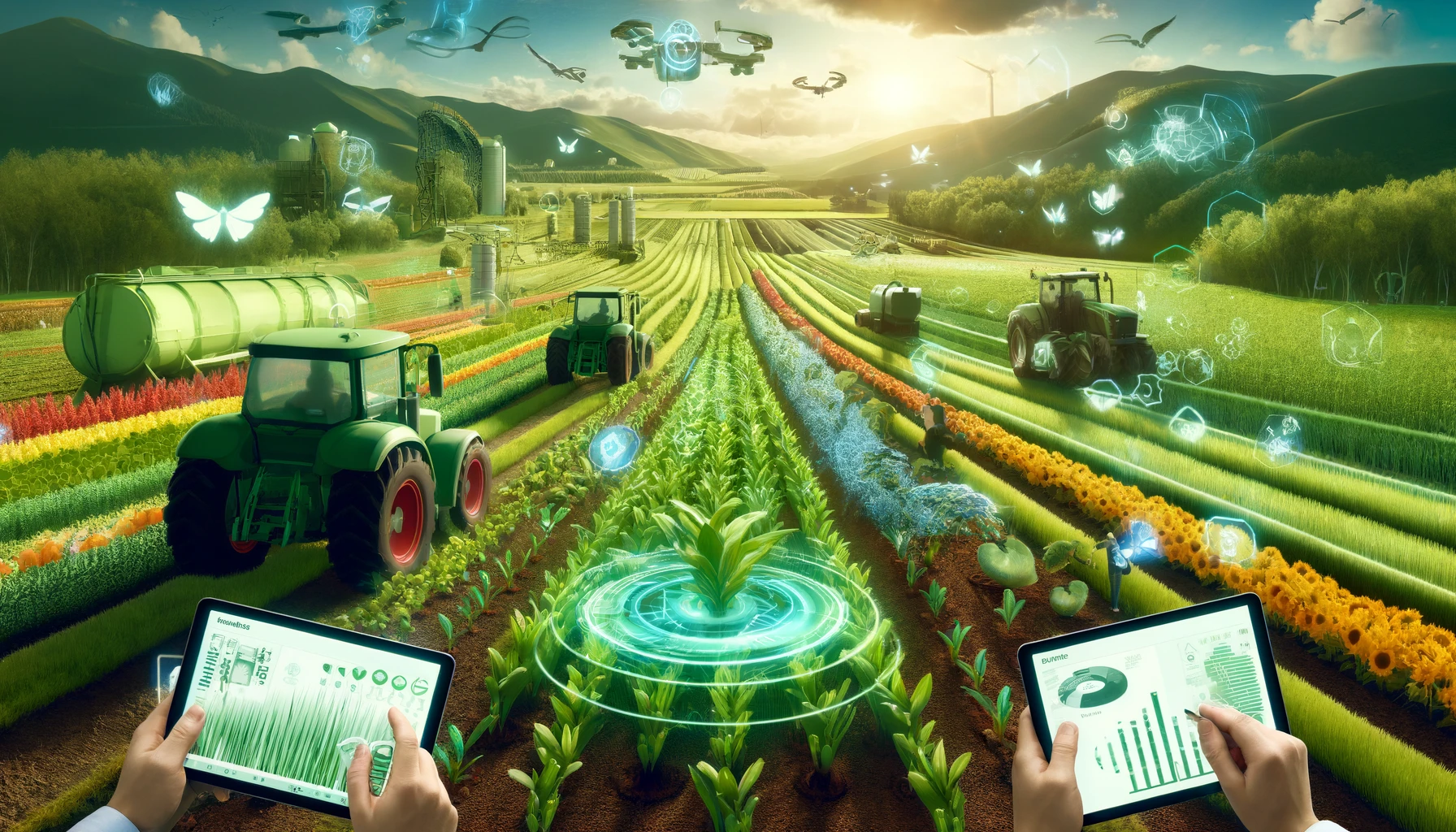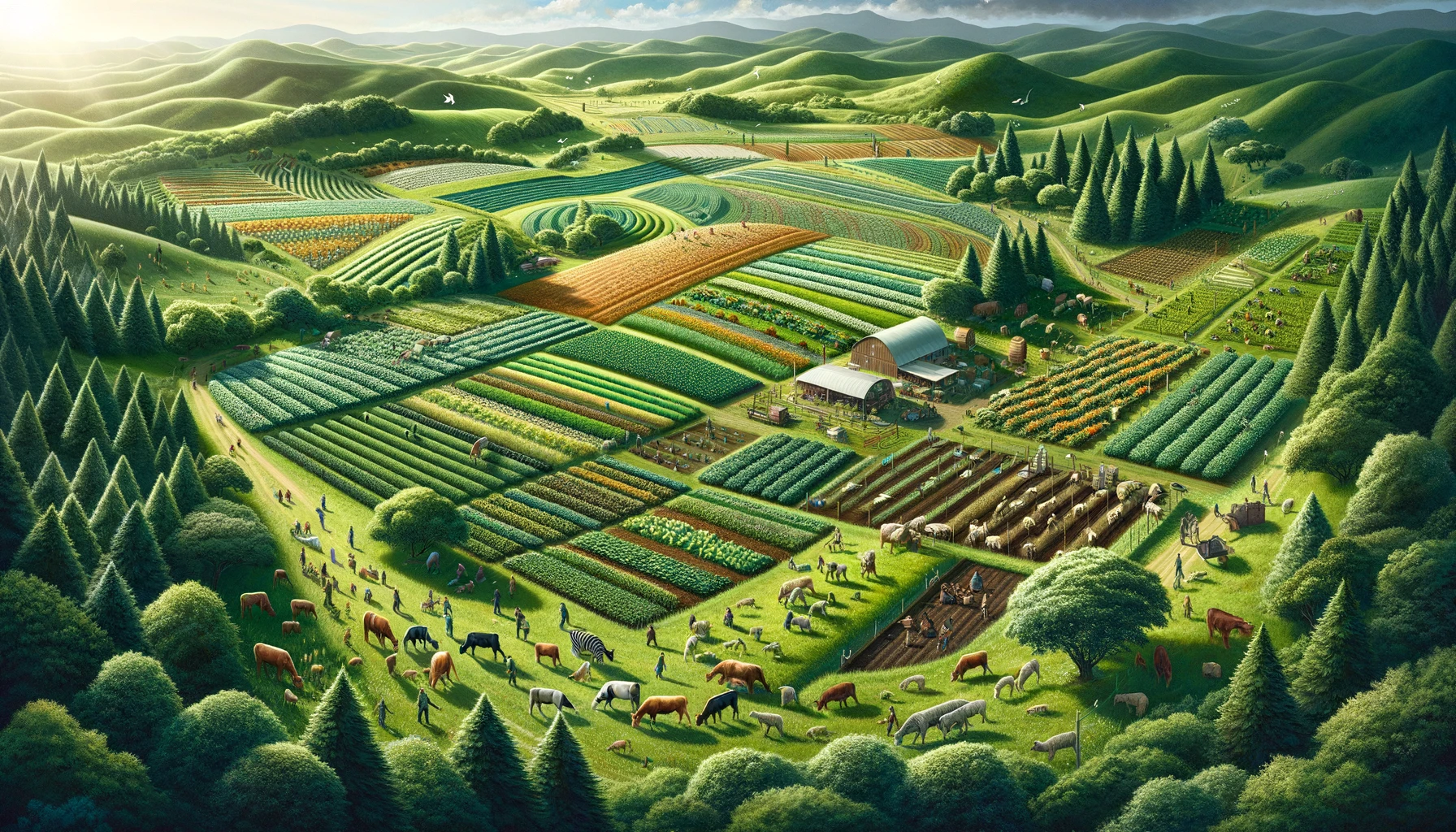Category: Ag Reg
-

Carbon Capture on the Farm: Regenerative Practices Turn Soil into Carbon Sinks
Regenerative agriculture represents a transformative approach to farming, one that aims to restore and enhance the health of our ecosystems while simultaneously addressing pressing economic and social issues. This method of agriculture focuses on techniques that rejuvenate the soil, conserve water, and capture atmospheric carbon, presenting a robust response to environmental degradation. At the heart…
-

Reviving Soils Naturally: The Power of No-Till Farming
Regenerative agriculture represents a shift towards more sustainable farming practices, focusing on techniques that rejuvenate the earth and foster ecosystem health. This approach encompasses several core practices, including no-till farming, cover cropping, crop rotation, integrated livestock management, and the use of agroforestry and permaculture principles. Each of these practices plays a crucial role in building…
-

Building Resilience: How Regenerative Techniques Prepare Farms for Climate Uncertainties
Regenerative agriculture is gaining traction globally as a solution to not only sustain farming practices but also restore ecosystems and biodiversity. Through various case studies, we observe both the challenges and the transformative benefits of this approach. One such success story comes from the Loess Plateau in China, where extensive degradation once led to severe…
-

Advancing Regenerative Agriculture: The Critical Role of Modern Technology
Regenerative agriculture is not just a return to the old ways of farming but a forward-looking movement that incorporates both ancient wisdom and modern technology. The role of technology in this field is pivotal, acting as a catalyst for developing and implementing practices that restore and enhance the health of agricultural ecosystems. Innovations in farming…
-

Overcoming the Hurdles: Addressing the Challenges and Barriers to Adopting Regenerative Agriculture
The adoption of regenerative agriculture, while beneficial for both the environment and agricultural productivity, faces significant challenges and barriers. These obstacles range from economic hurdles and market barriers to policy and regulatory challenges, as well as educational and cultural barriers faced by farmers. Economic hurdles are among the most pressing obstacles to adopting regenerative agriculture.…
-

Exploring the Future of Regenerative Agriculture: Trends, Impact, and Consumer Roles
Regenerative agriculture is gaining traction as a transformative approach to farming that emphasizes restoring the health of agricultural land. By focusing on improving soil health, increasing biodiversity, and enhancing ecosystem services, regenerative practices promise not only to sustain agricultural productivity but also to address pressing environmental issues like climate change. One of the most exciting…
-

Empowering Change: How to Engage with and Support Regenerative Agriculture
Regenerative agriculture is a system of farming principles and practices that increases biodiversity, enriches soils, improves watersheds, and enhances ecosystem services. It aims to capture carbon in soil and aboveground biomass, reversing current global trends of atmospheric accumulation. Here’s how you can learn more and actively participate in this transformative approach to agriculture. To begin…